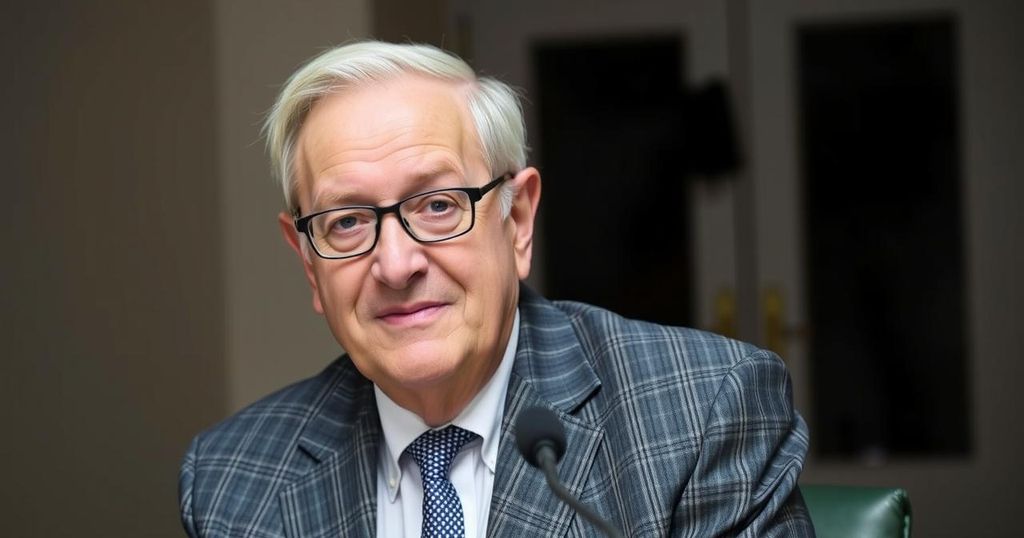Former Foreign Secretary Kanwal Sibal compares the rhetoric of India’s Opposition to anti-India statements by George Soros. He discusses the campaign by the U.S. deep state that seeks to damage India’s global standing. The BJP has raised allegations against the Congress for purported collaboration with Soros, leading to notable political disputes and claims of compromising India’s international relations.
In recent comments, former Indian Foreign Secretary Kanwal Sibal drew parallels between the rhetoric of the Indian Opposition and earlier anti-India sentiments expressed by American billionaire George Soros. This observation comes in the context of allegations by the Bharatiya Janata Party (BJP) suggesting that senior Congress figures are collaborating with Soros to undermine India’s stability. Sibal articulated that while the United States has factions that view India favorably as a strategic counter to China, there exists another faction intent on damaging India’s international standing.
He elaborated that elements of the U.S. deep state, which include various agencies, academics, and think tanks, are aggressively criticizing India. Such campaigns seek to paint India’s democracy in a negative light, particularly criticizing perceived threats to freedom of the press and democratic institutions. Sibal expressed concern that these narratives could hinder India’s ability to attract foreign investment and undermine its global reputation. Despite these challenges, he noted that these views have yet to significantly affect investment strategies, given the broader dynamics of the global market.
The BJP intensified its assault during a recent parliamentary session, demanding that Congress leader Sonia Gandhi clarify her involvement in an organization supported by the Soros Foundation. The Congress Party refuted these claims, arguing that they compromise India’s diplomatic relations and distract from pressing issues. BJP President J.P. Nadda emphasized the need for discourse regarding the matter, labeling it a crucial issue of national security. The BJP further accused the U.S. deep state of colluding with certain media outlets and Congress leaders in efforts to tarnish India’s image, prompting a swift rebuttal from U.S. officials who insisted on their commitment to media freedom worldwide.
The discourse surrounding George Soros and the Indian political landscape has been contentious, particularly in the context of the BJP’s allegations against the Congress Party. As an influential figure, Soros is often cited in discussions relating to funding and political intervention, raising concerns about foreign influence in Indian governance. This controversy has intensified amid India’s complex relationship with the U.S. and the global perception of its democratic practices. Sibal’s remarks highlight the struggle over narrative control in international relations and the implications for India’s political stability and economic prospects.
In conclusion, the allegations leveled by the BJP against the Congress Party regarding associations with George Soros reflect broader concerns about foreign influence and domestic political rhetoric. Although there are significant factions both supporting and opposing India’s global interests within the United States, it is crucial for Indian lawmakers to navigate these discussions carefully to maintain both democratic integrity and international relations. The response from U.S. officials underscores the sensitivity around these issues as India seeks to enhance its image abroad while facing internal political challenges.
Original Source: www.ndtv.com






